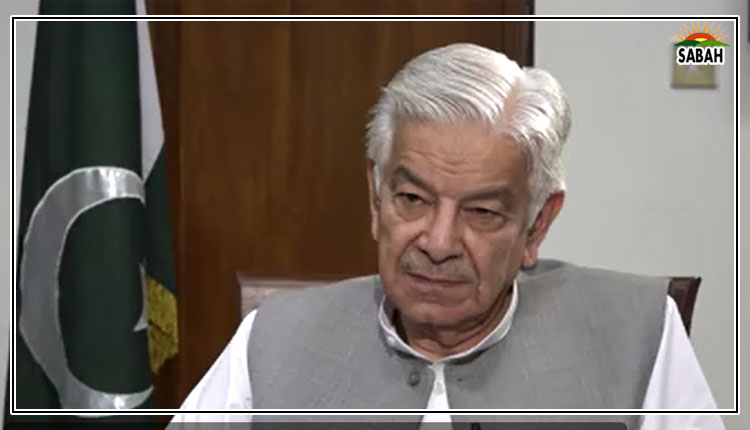Making of a constitution: Part – II… Dr Mahboob Hussain
The 1973 constitution took effect on August 14, on the anniversary of Pakistans independence. Zulfikar Ali Bhutto stepped down to become prime minister; the then speaker of the National Assembly Chaudhry Fazal Elahi was elected as president.
In this way, Pakistan gave up the presidential system introduced by Ayub Khan and reverted to the parliamentary tradition which the entire Subcontinent adopted from the British.
The adoption of the new constitution marked a turning point in the history of Pakistan. For the first time, a constitution was drafted by the elected representatives of the people, closely in touch with public opinion. It is claimed that the 1973 constitution resolved all long-standing issues in Pakistan especially those between the provinces and the centre, but this proved chimerical.
By comparison, the 1973 constitution had the distinction of having been framed by the elected representatives of the people. It was based on the consensus, mandated adult franchise as the basis for elections and set up a federation consisting of all the provinces.
The adoption of the new constitution became the occasion for nationwide celebration. April 12 and 13 were observed as public holidays, and Pakistani missions abroad remained closed on those days. Official workers throughout the country received two days of paid holiday. In the course of the national rejoicing, Bhutto visited Lahore and Karachi and laid wreaths on the tombs of Iqbal and Quaid-e-Azam.
The most impressive piece of the National Assemblys performance made Bhutto express pride and take credit as it would have been his personal achievement. Bhuttos biographer Stanley Wolpert penned down this achievement saying Zulfi fondly hoped that his most impressive political achievement to date would long outlive his own tenure in high office, 10 more years seeming to him at this time perhaps all that remained for his enjoyment.
Bhuttos claim is not without substance. Its endorsement does not lessen the place of the achievement of parliament. It, however, strengthens the view that Bhutto empowered the National Assembly to form and adopt the constitution and that support to parliament made it possible for Bhutto to take credit for what the National Assembly did.
The 1973 constitution was adopted with compromises from all political parties in the National Assembly. Undoubtedly, no constitutional document could be described as perfect. It was a product of compromises among various political parties and forces present within the constitution-making body. The constitution that was passed by parliament received applause from all corners of the country. Almost all newspapers were full of praise for this brilliant venture of the elected representatives of Pakistan. All English and Urdu newspapers published stories on April 11 about the adoption of the constitution by the National Assembly.
Nurul Ameen the vice president of the country who virtually belonged to East Pakistan, the part of the country that separated from its other part just two years ago admired the country in the context of separatism. He pointed out that the adoption of the constitution had made distinct the chances of the division of the country into more parts. He stressed that had the National Assembly not passed the constitution, there would have been more risk of the separation of the remaining units. But the NA reduced those dangers in advance.
As far as the sovereignty of the NA during the 1972-1973 period is concerned, it is easy to conclude that the NA proved a sovereign body at least during these fateful years of the life of Pakistan as well as that of the NA. What the majority of the members desired, the NA was able to do according to those desires. Even the aspirations of the opposition were respected to a large extent. The NA was a success in real terms as it determined the fate of all state institutions.
It was the NA that gave constitutional recognition to all state institutions including the executive, army, and judiciary. The state itself derived its sovereignty from the sovereignty of the NA when it formed and adopted the constitution. The NA, while determining the role of other institutions, also determined its role as well as that of future legislatures of Pakistan.
Here the constituent assembly which was also providing the country the legal legitimacy and political support just after its breakup also laid down the foundation stones for the institutions of newly emerged Pakistan. Future Pakistan, thus, was to claim that it was re-established through the constitution that was framed by the duly elected representatives of the people of Pakistan namely parliament.
Concluded.
Courtesy The News












